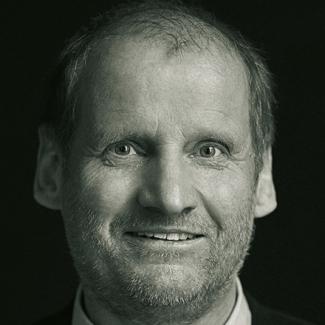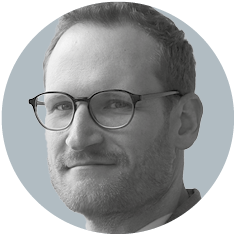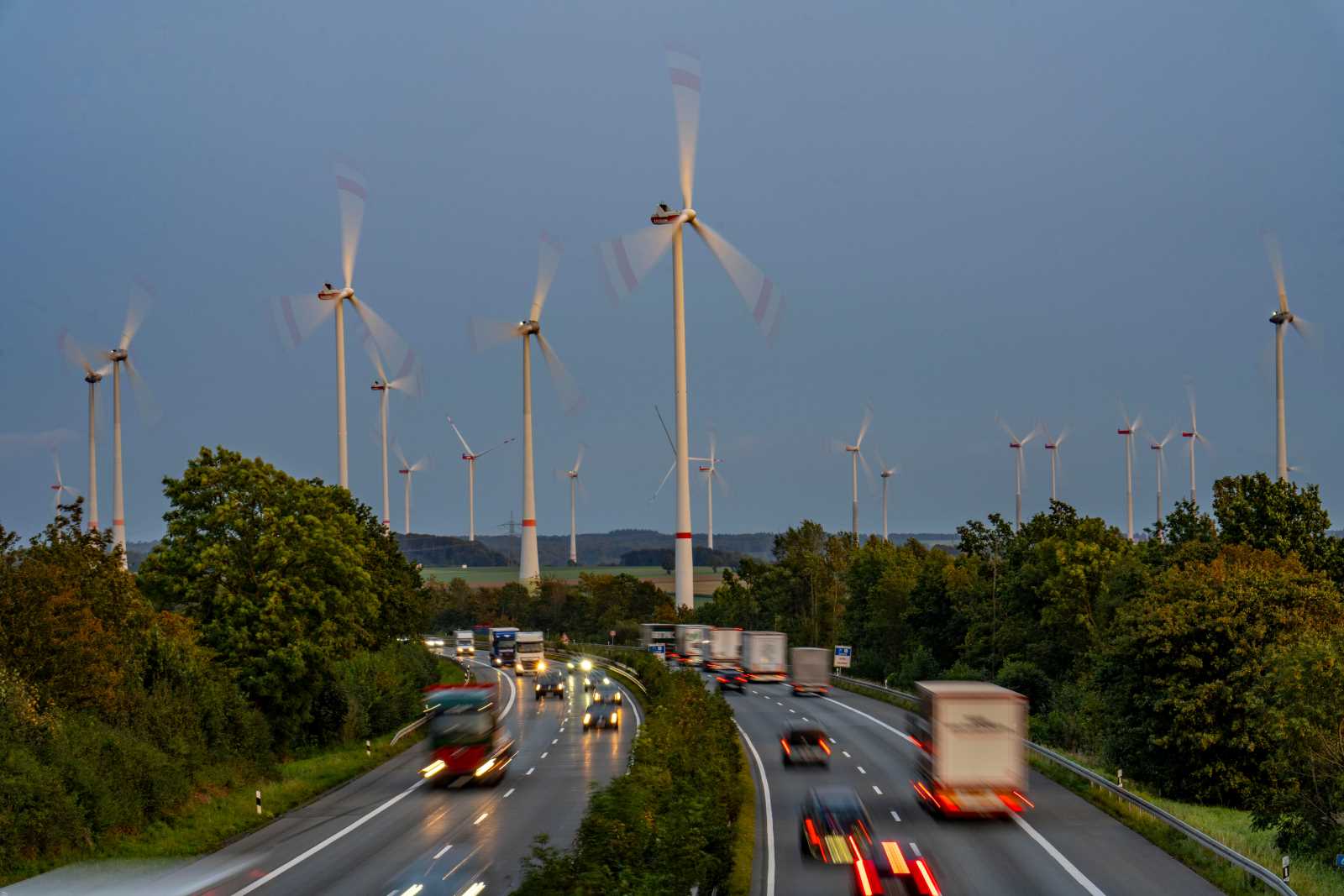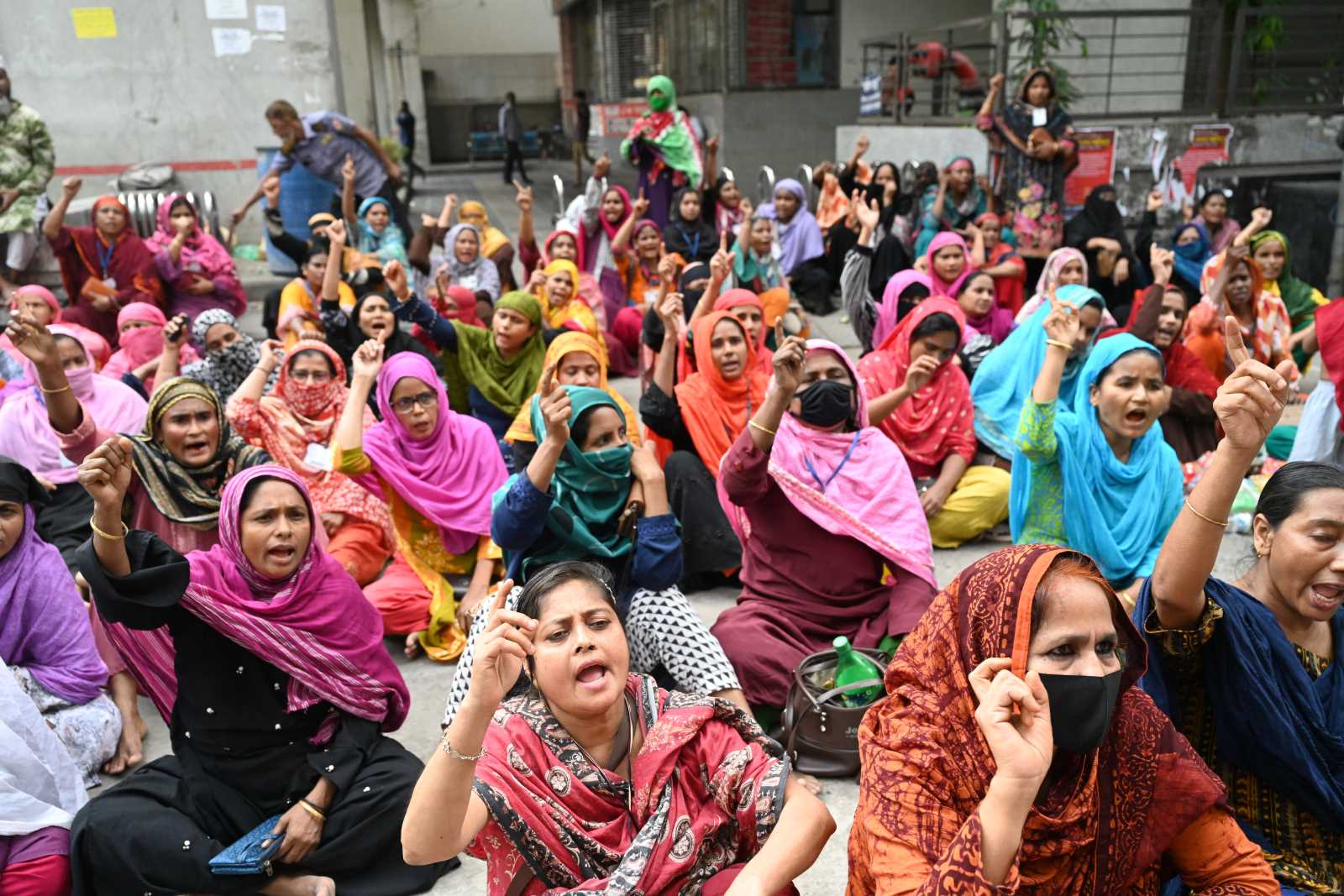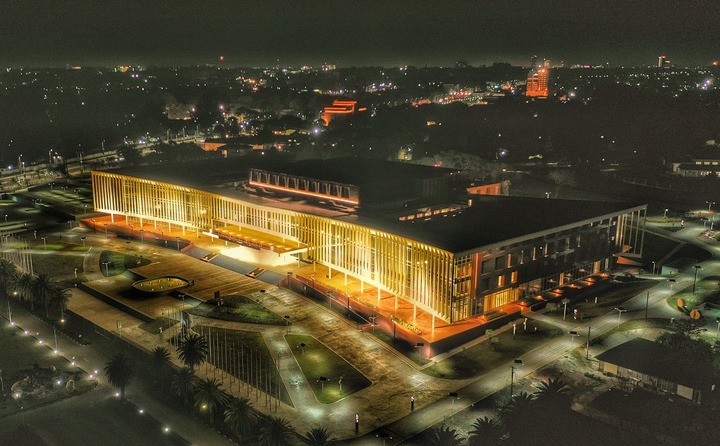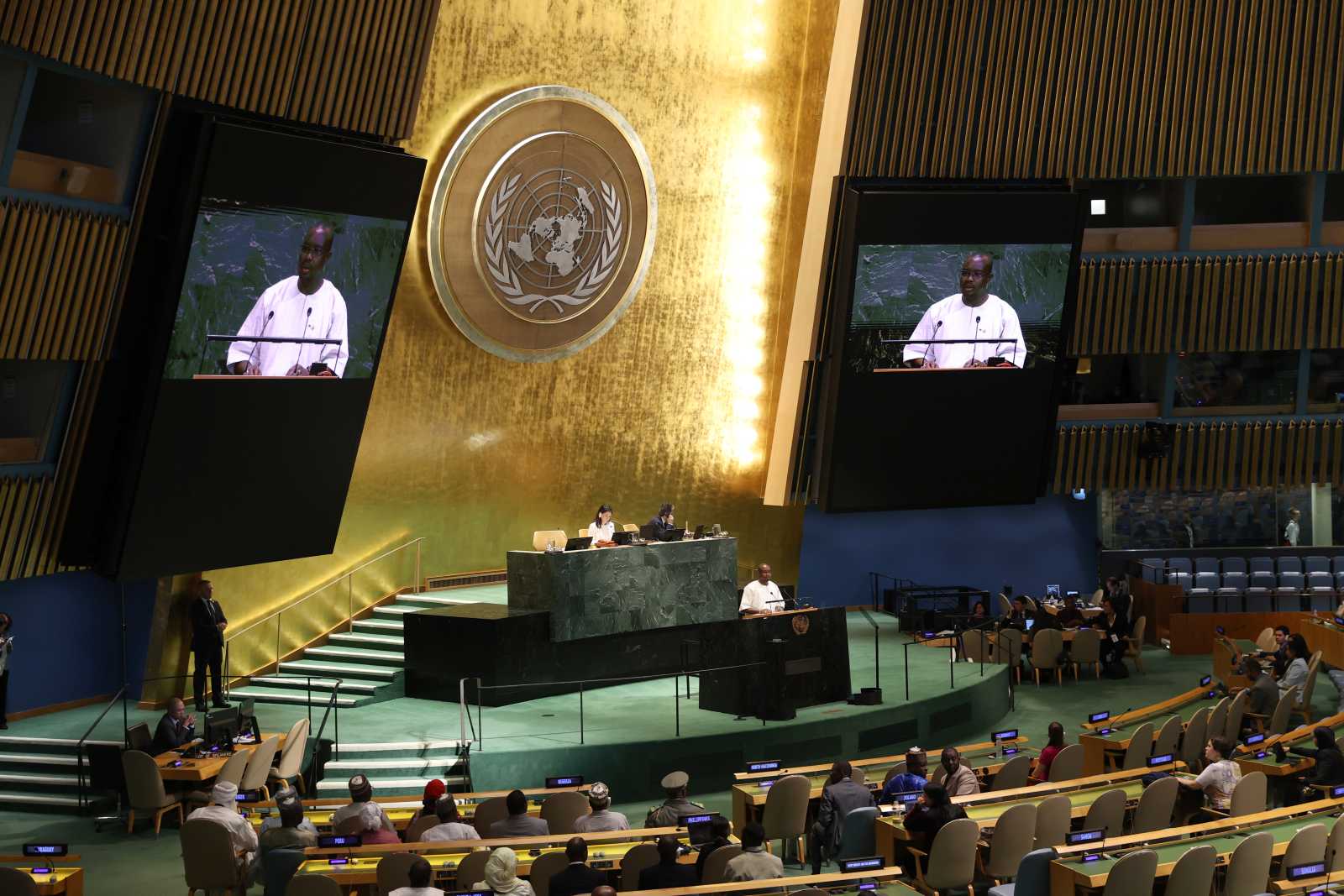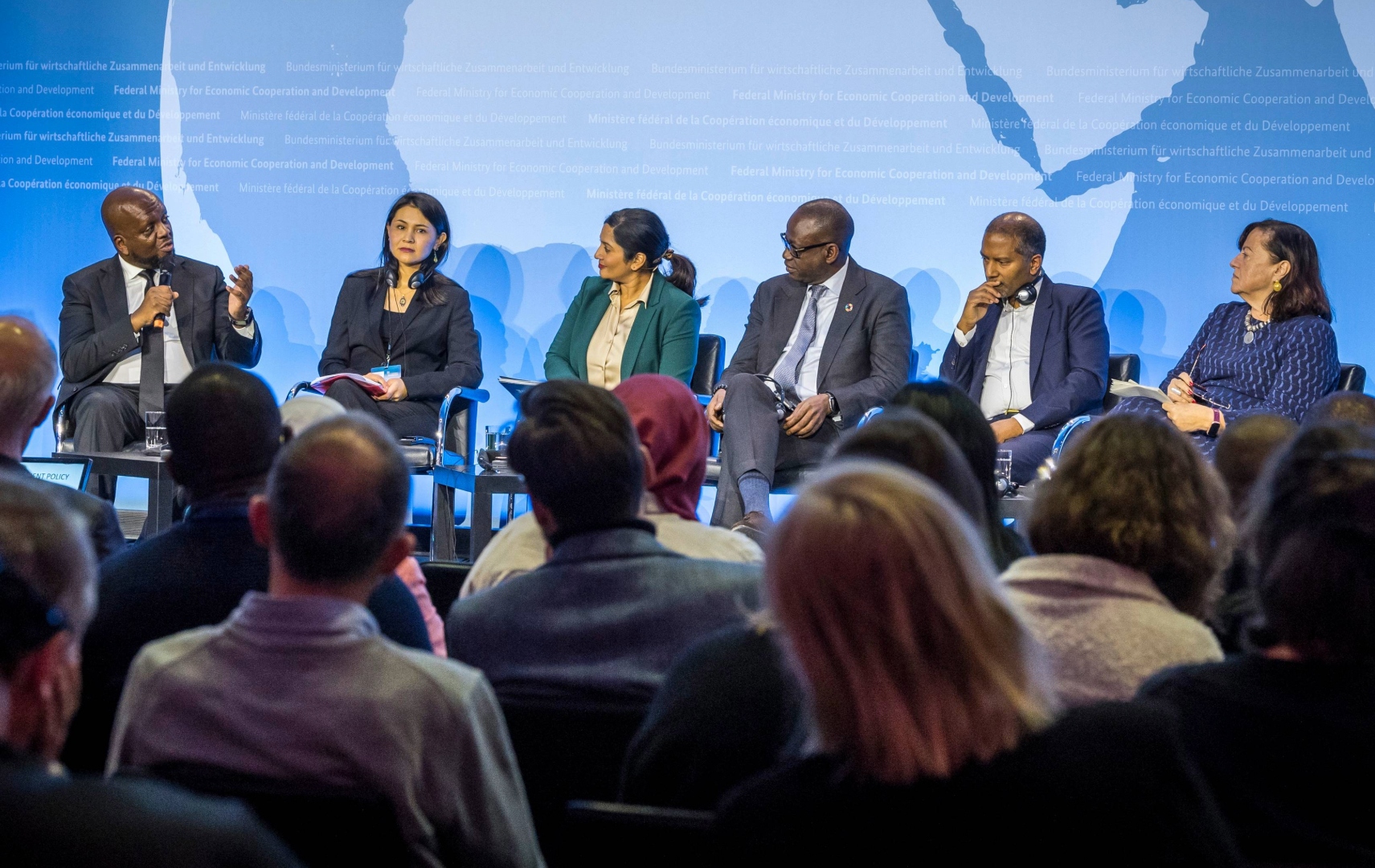Global Governance
The drivers of change are at the local level
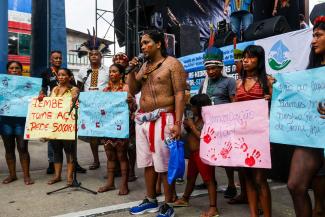
How do you define development?
Development is not merely about economic success, gaining power or technological innovation. It must serve the common good, solidarity and justice by assisting four distinct kinds of beneficiaries:
- People who suffer hunger or have been pressed into poverty,
- disadvantaged communities such as indigenous peoples,
- God’s creation, nature and the planet and, finally,
- future generations.
To borrow from South Africa’s Ubuntu philosophy, we can only develop together, not without others or even against others.
To judge by the UN Sustainable Development Goals (SDGs), every country is a developing country. Not a single one has achieved all goals. Each one must learn. However, developmental goals may differ from country to country and even from locality to locality.
How do industrialised countries have to develop?
They must learn to listen more closely. Global affairs are shifting. Regarding Russia’s war in Ukraine and the war in Gaza, we see governments which belong to major alliances like Mercosur, the African Union or the Asia-Pacific Economic Cooperation not automatically siding with the so-called west. We should take their doubts regarding Europe and North America seriously. We must ask whenever we do not understand something. All too often we feel as though we were great universalists even though we are mostly focused on the crises and global issues that directly affect ourselves. If donor governments want to promote governability, they must not only raise defence spending, as they are currently doing, but also invest more in global cooperation. The changes we are witnessing offer opportunities and grasping them can lead to bouts of development.
We must also learn that our European view does not take account of everyone’s welfare. There has never been only one version of history with us at the centre. We must consider the history of the vulnerable of the colonised. They deserve to be heard and understood. Although migration is a much-discussed topic in Germany, many people here still do not know that most displaced people around the world are internally displaced within their home countries.
The half-time assessment of the 17 SDGs showed that the international community is not on track to achieve them by 2030. Are they really a coherent agenda that can guide government action, or are they more like an unachievable ideal?
Well, many people in the so-called global south perceived the preceding agenda of the eight Millennium Development Goals, which were supposed to be achieved by 2015, as a European or northern project, but not as their own. In this sense, the SDGs are better. They do not reflect a given perspective but are more integral and offer guidance as they broaden our horizons. In Misereor’s view, the SDG motto of “not leaving anyone behind” is especially important. The poor, the vulnerable and nature itself must be prioritised. Their perspective must be part of the debate, and we can contribute to making them heard.
But won’t national and regional interests prevail over ambitious global goals in a time of growing geostrategic tensions?
In 2023, the UN agreed on the High Seas Treaty to protect maritime biodiversity. That showed that multilateral cooperation is still feasible in spite of trendy nationalism. We cannot rise to global challenges without global cooperation. At the same time, industrialised nations have made promises that they didn’t keep, not only on aid spending. We must not only speak of solidarity. Our words must be followed up by action. That means we must dare to do more for cooperation, not least in order to stabilise our planet’s environment.
What is the role of developmental civil-society organisations like Misereor?
We are responses to an unequal and asymmetric world. We result from the lifestyles of the global north in the past 200 years. The core job of Misereor is to defend aid, criticise aid and make aid redundant. We must defend it where people in need urgently require it. It is their human right. On the other hand, we criticise aid when it causes new dependencies. Finally, we want to make aid superfluous because all people should be enabled to take their fates into their own hands. Our job is to support the vulnerable now, but we want to make the aid system redundant in the long run.
How does one prevent new dependencies in countries that receive official development assistance?
Because our projects must not result from outdated colonial donor attitudes, our cooperation always follows project applications initiated by local partners. We only start measures after partners explicitly express demand for them. Our Protestant sibling, Bread for the World, does so too, by the way. This approach fosters dialogue and leads to good results. Whether the quality of a project is appropriate is determined by both the partners and us. This is not merely about higher standards of living. Ownership matters very much too. The people and groups concerned know they are in charge.
Critics also often point out that many development projects are not sustainable. Once funding ends, the progress made tends to be undone. Are there lasting results?
In my experience, it is important to pay attention to cultural dimensions, rather than to focus only on social, economic and ecological facts. We need to understand what is special about a region and how the people tick at the local level. Otherwise, any attempt to introduce systemic change must fail. While it may deliver short-term benefits, there will not be any sustainable results. We must have faith in local drivers of change and their competence. We can encourage them and support them, but we cannot simply export our models. We see Misereor as a learning organisation. By discussing projects, we get to know our partners and vice versa.
In our head office in Aachen, we have staff from 19 different countries. I was just in a meeting, in which we discussed colonial legacies and decolonisation. Persons from Senegal, Burkina Faso and Bangladesh elaborated how neocolonial thinking has become systemic and is passed on from generation to generation. One example are international trade agreements. They reflect the asymmetric relations of commodity exporters and commodity importers. It would be better if they served the interests and needs of our partners better. Accordingly, Misereor has endorsed the EU’s new Corporate Sustainability Due Diligence Directive (CSDDD). It will make supply chains more transparent and give disadvantaged groups legal tools to fight exploitation.
The majority of EU members has recently passed the new law, after long debate and considerable resistance, especially from Germany.
Our Federal Government’s stance was disappointing. We tried to exert influence with the means we have, but the opposing lobby groups proved stronger. Many German businesses actually endorse the new law, but there are also powerful players and political parties who argue it is too bureaucratic and might dent German competitiveness. Such thinking only makes sense in a short-term business perspective. For the sake of the planet and its people, we must think more in terms of cooperation than competition. Cutting red tape and reducing risks for private-sector companies must not be done at the expense of human rights. Otherwise, we will only serve short-term interests, but not get sustainable development. Others would have reason to accuse us of not being true to our values, applying double standards and behaving in a sanctimonious way.
Can well-targeted aid serve the interests of both recipient and donor countries?
Long-term development is important. Representatives of western countries like to argue that we need to act faster than China in certain world regions. Indeed, cooperation has geostrategic relevance. I personally observed that in regard to the Amazon region when it came to passing the EU-Mercosur trade agreement. There are geostrategic concerns, but what matters most is the Amazon itself, the indigenous peoples and the planetary system. Should the rainforest collapse, neither China nor Europe will benefit. We cannot afford to disregard what science and our system of values tell us. The challenge is to assume responsibility for the Earth, for cooperation and for values-based interaction. That is the only way to build a liveable future, and that is what we must do today.
Pirmin Spiegel is the director-general of the Aachen-based Catholic development agency Misereor.
hgf@misereor.de
